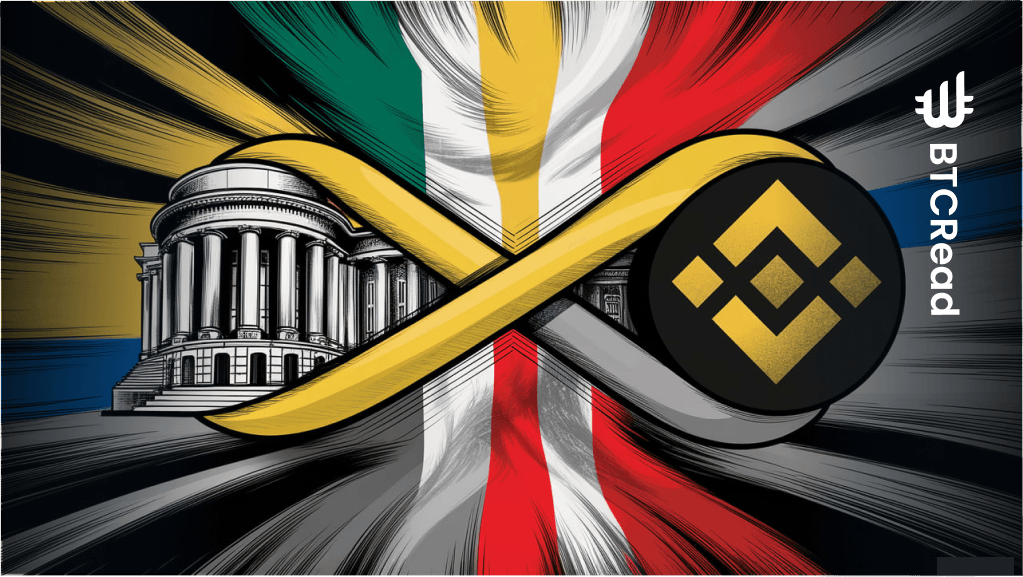The Central Bank of Nigeria (CBN) has sharply criticized Binance for allegedly conducting banking services without proper authorization.
The CBN’s Head of Payment Policy and Regulation, Dr Olubukola Akinwunmi, appeared before Justice Emeka Nwite at the Federal High Court in Abuja. He said banks and licensed financial institutions should only process Binance’s deposits and withdrawals.
Local media reports say the Nigerian government has accused Binance and its executives of wrongdoing. They claim Tigran Gambaryan and the missing Nadeem Anjarwalla hid the origins of $35.4 million from illegal activities in Nigeria.
Binance accused of misleading Nigerians
During the trial, Dr Akinwunmi, directed by EFCC’s Ekele Iheanacho, accused Binance of misleading Nigerians can now use naira for cash transactions on Binance. The platform offers free deposits and charges fixed withdrawal fees. These fees are set by the Central Bank of Nigeria (CBN) and apply only to licensed financial institutions.
Dr. Akinwunmi mentioned that Binance helps convert naira to dollars. This service, however, needs CBN approval. It should either be as an authorized dealer or a Bureau de Change. He also pointed out that Binance traders often use fake names. This action, though, is illegal. Financial transactions need real names.
The witness explained how peer-to-peer transactions work on Binance. The buyer sends naira to the seller’s bank account and approves the deal on the platform, which causes the exchange to release the cryptocurrency.
He said the exchange could not provide it. After Dr Olubukola Akinwunmi’s evidence, the court put off the defence’s cross-examination until July 16. Justice Emeka Nwite also told the Nigerian Correctional Services that they would be punished if they didn’t produce medical reports for Tigran Gambaryan.
This court action is part of a bigger move against cryptocurrencies. It all started when the National Security Adviser flagged trading cryptocurrencies as a national security threat. The Central Bank of Nigeria has now demanded that fintech companies like Opay, Moniepoint, Paga, and Palmpay block and report accounts that buy cryptocurrencies.
Related | Bitcoin (BTC) ETFs see sharp drop in trading volume







